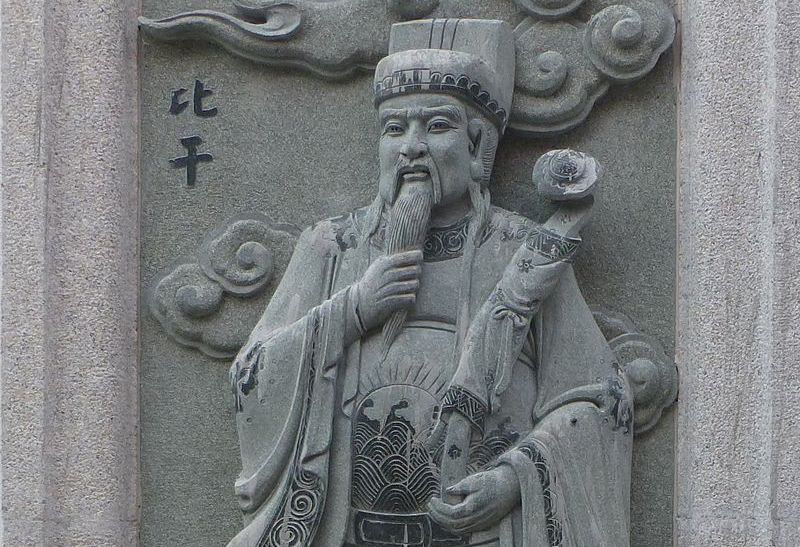Recently there has been a surge of popular interest in tracing one’s ancestral roots. Aristocrats and noble families have been obsessed with bloodlines for centuries. For the common person, it’s always a spot of fun (and soothing to the ego?) to discover an illustrious name somewhere in the family line, no matter how distant or far back. To be fair, people are always interested to know where they come from, and how their forbears might have crossed continents and countries to give them the life they know today.
I resist the allure of tracing ancestry because ultimately, our ancestors are dead stars. We are composed of matter that coalesced from the explosions of those stars, millions of years before. In that sense, every single one of us have cosmic lineages are more glorious than any puny royal house. We also ultimately have no self, and names are useful but deceptive monikers that reinforce the self.
Nevertheless, as I walk the streets of Hong Kong and see the God of Prosperity everywhere, beckoning us to get rich and buy lots of things while we’re at it—“Cai shen dao!” goes the common Chinese cry during the Lunar New Year—I can’t help but be reminded of my own surname, the very common “Lin” (Anglicized as Lam). “Lin,” or “forest,” is tied by folklore to this deity. The Ming Dynasty classic Investiture of the Gods (Fengshen Yanyi) associates the God of Prosperity with Bi Gan, a royal minister who was unswerving in his virtue and patriotism. He represented the classical Chinese trope of the loyal courtier or advisor, who served his ruler selflessly, be they prudent and kind or violent and decadent.
In this case, Bi Gan was minister to and uncle of Di Xin, the last ruler of the Shang Dynasty (c. 1600 BCE–c. 1046 BCE). Fed up of his remonstrations, King Zhou ordered Bi Gan’s heart to be cut out in the goriest of fashions (Investiture of the Gods depicts this terrible order to have been influenced by an evil spirit, Da Ji). His pregnant wife fled into the woods, giving birth in the forest. After Di Xin was overthrown and killed, the founder of the new Zhou Dynasty, King Wu, found the fugitive wife of Bi Gan and his son and restored them to the royal house, conferring the clan name of “Lin,” or forest, on the boy.
This is just folklore, and monikers of self are always risky, from a Buddhist philosophical perspective. Nevertheless, I like to think that we can work in our own minute way towards the goodness and virtue that Bi Gan and many other figures in Chinese history embodied. Being proud of our heritage is fine and well in (very) limited doses, but even better if that notion of self, pervasive as it is in our everyday lives, can be channeled into something good, like invoking particular virtues or skillful habits of living and behaving.

